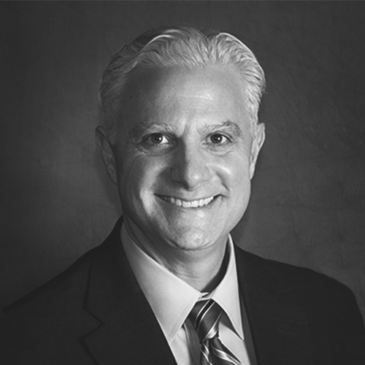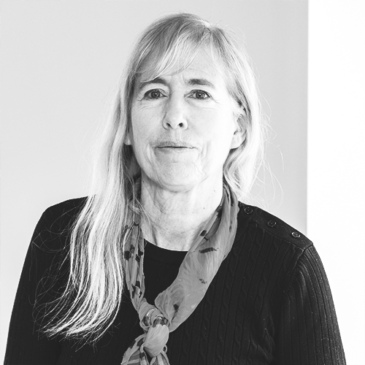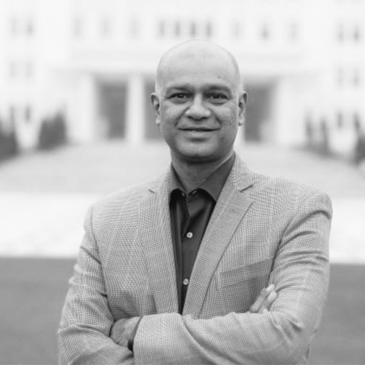Nick Fabrizio’s expertise spans both the public and private sectors. He advises companies, government agencies, and prominent healthcare institutions on a variety of issues, including strategic decisions, public policy, mergers and acquisitions, turnaround/crisis management, and integrating technology.
Professor Fabrizio is a frequent presenter at state and national conferences and has published over 25 journal articles on corporate governance, strategy, and organizational change. He has also published book chapters and two books, and he is a regular contributor to news and media outlets on healthcare trends and current events.
Professor Fabrizio is the Capstone Director for both the MHA and EMHA programs. In addition to teaching in the Sloan Program, he developed the Healthcare Change Management Certificate Program for eCornell and designs custom programs for eCornell.
Professor Fabrizio received his undergraduate degree from the State University of New York at Cortland, his M.A. from Binghamton University, and his Ph.D. from Walden University.








